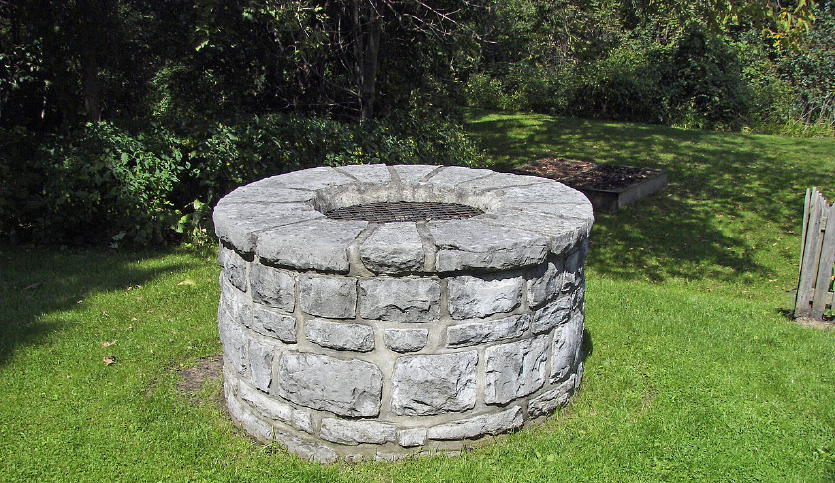Exposure to high levels of arsenic was already known to increase the risk of bladder cancer. A new study from the National Cancer Institute (NIH/NCI, Bethesda, USA) of well drinking water in Maine, Vermont, and New Hampshire, found that low doses of arsenic in drinking water, presumably from contaminating pesticides, also dramatically increase risk of bladder cancer. Drinking from shallow wells that are more prone to be contaminated is more closely linked to bladder cancer.
Several studies had previously shown that long-term, low-dose arsenic exposure causes epigenetic aberrations in bladder cells in culture, including global deacetylation of H4K16 (histone 4 lysine 16) and DNA hypomethylation and gene activation of oncogenes. These epigenetic changes lead to the acquisition of cellular properties such as anchorage-independent growth, and low dependence on growth factors for cell survival and growth, all hallmarks of cancer cells.
Of note, the European Commission passed recommendations for the maximum tolerable doses of arsenic contaminants allowed in imported food including cereals, tea, coffee, veggies and fruits, juices, meat, water, and dairy products. For example, maximum arsenic levels for rice and rice-based products (adults maximum: 0.2-0.3 mg/kg; babies and infants maximum: 0.1 mg/kg) were regulated only last year and came into effect on January 1st of this year (Cancer Epigenetics Society news; May 16, 2016).






